Lauren VanGenne grew up in the small farming town of Dawson Creek, BC, Canada. She is currently working as a Senior Field Technical Analyst for a major drilling contractor. She graduated from The University of New Brunswick as a Geologist and is working towards her Professional Geologist accreditation in early 2018. Lauren is also our Editor at Women Offshore. We sat down with her to discuss her successful, 8-year-long ‘rock-whispering’ journey.
What inspired you to work offshore?
“Being a fairly stereotypical ‘Type A’ personality, I have always tackled challenges with a stubborn determination – my inner voice always commenting, “How bad can this be? Sure, I can do this!” In truth, it was offshore life that came knocking on my door. After having acquired my shiny, new Bachelor of Science Degree and a fancy new title of Geologist, I had plans to remain in the hard rock industry to ‘find gold in them hills!’
As most Eastern Canadians do, I moved to Western Canada in search of employment. I was quickly hired by a well services company as a Mudlogging Geologist – back to the most eastern location in Canada; the Grand Banks and Flemish Pass Basin of Newfoundland. Assuredly, the irony of this situation was not lost on me, as I immediately relocated back to the east coast to start work on a drilling rig. (How hard can it be? Right?!)”
What has been your favorite experience during your career so far?
“It is impossible for me single out one experience and deem it my favourite. That being said, one of my most poignant memories happened as I was flying out in the helicopter to return to the rig for a hitch. It was about 6 months into working on that vessel. It had taken me quite a bit of time to become familiar and comfortable with the crew, my job duties and the environment. (Having been born in the Canadian Prairies, I had not even one inch of ‘sea legs’ to speak of, and it was one hell of an adjustment over that first wintry storm season!)
I vividly remember doubling back around the derrick to landmark the helideck on the port side of the rig. As we circled over, I looked out the window of the helicopter to see the brightly painted green of the deck, and the bold yellow letters of the rig’s name. Immediately, a comforting, familiar sense of ‘coming home’ for a special holiday or gathering, washed over me. I had made such incredible connections with the men and women aboard that I truly felt that I was back with family. It was the first time in my life that I could remember feeling like the work force that I had become a part of had, in fact, became my work family.”
If working offshore is a long-term career for you, what motivates you to continue to work offshore?
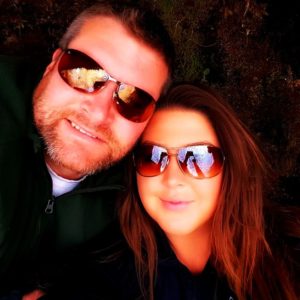
Lauren and her partner (-in-crime), Randy, while on a trip to Iceland in 2016.
“That’s a bit of a loaded question for me. After having had the offshore life find me, I really have embraced the life, the work and the people with whom I work. Each and every time I gear up in a survival suit to fly over the frigid Atlantic Ocean waters to work, I still have a bit of a ‘bad-ass-Mission-Impossible’ feeling come over me, as I file out to the helicopter. And, each and every time, I am reminded that feeling stems from the accomplishments I have achieved and obstacles I have overcome, that placed me in that exact point in my life – of feeling like an absolute ‘boss’ as I fly to my job site, in the middle of the ocean, to a job and crew I love.
There in lies my conundrum. I’ve not quite been able to envision the logistics of having a family and the idea of a long-term career offshore. Furthermore, putting the gender gap aside, I question whether the support and resources, afforded to those women who choose both a family and an offshore career, are viable enough. I know that the issue of the retention of women in the offshore and maritime labour pool – especially, should they have aspirations of having a family – is one aspect of a complex solution that Women Offshore is helping to define. So, I’m truly looking forward to being a part of the conversation – not only for my own personal interests, but also for those of the entire offshore brother- and sisterhood.”
What challenges have you (or other women) faced in your career while working offshore?
“I have been blessed to work with hundreds of people, and not have any noteworthy interpersonal challenges to speak of. I was fortuitously granted the genetic predisposition of an extrovert that can think fairly quickly on her feet – typically choosing to use humour and sarcasm as a both as a shield and a tool to connect with people.
The most difficult challenge that I have faced has been an internal obstacle. I feel the pressure to have to constantly project an outwardly strong and competent image of myself. (“How hard can it be?” Right?) I am lucky to have worked with a crew that has allowed me to feel comfortable enough to soften a few of my edges, be at ease to divulge some of my shortcomings and not feel the need to be ‘on point’ on every operational topic discussed in the break room.”
What do you think can be done by your industry to encourage more women to work offshore?
“Perfect segue from my previous comment: In my opinion, we have to bring it back to the basics – right back the secondary school level. The next generation of talent in our fields comes from our high school students who are primed to make the first, largest decision of their young lives:
a) What career truly interests and inspires them enough to stay actively engaged in and pursue to fruition? And;
b) If a university degree or trade school diploma program is necessary to make that career happen.
Therefore, as female industry professionals, we must have a much larger presence as mentors in these public speaking arenas where we can plant that seed, engage with and inspire young ladies into understanding that an offshore career is as a feasible, tangible, sustainable and exceptionally rewarding option.
From there, the natural progression is to continue to push that strong presence at the higher education levels, throughout the university and college careers of these women. These venues allow for much more intimate, personal engagement with the audience, in classroom-based settings, where a more relaxed one-on-one conversation can evolve.
With respect to my own struggle on finding my career path (that eventually led me to a rigger’s life), my mother once told me, “Knowing what you don’t want to do is equally as important as trying to figure out what you do want to do.”
Let’s get into the young women’s heads to educate them early, so, that when their time comes to answer this question, we’ve given them the information to make it a bit of an easier, more secure decision.”
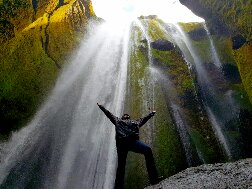
Gljúfrabúi waterfall and Seljalandsfoss, Iceland.
What words of advice would you give someone starting out in your industry?
“You are brave enough to go outside your comfort zone. You are strong enough without having to put up walls. You are competent enough succeed and excel.
But, most importantly, be true to yourself as you take that leap to spread those wings – after all, they were meant to help you soar.”
Save
Save
Save
Save
Save
Save
Save
Save
Save
Save
Save
Save
Save
Save
Save
Save

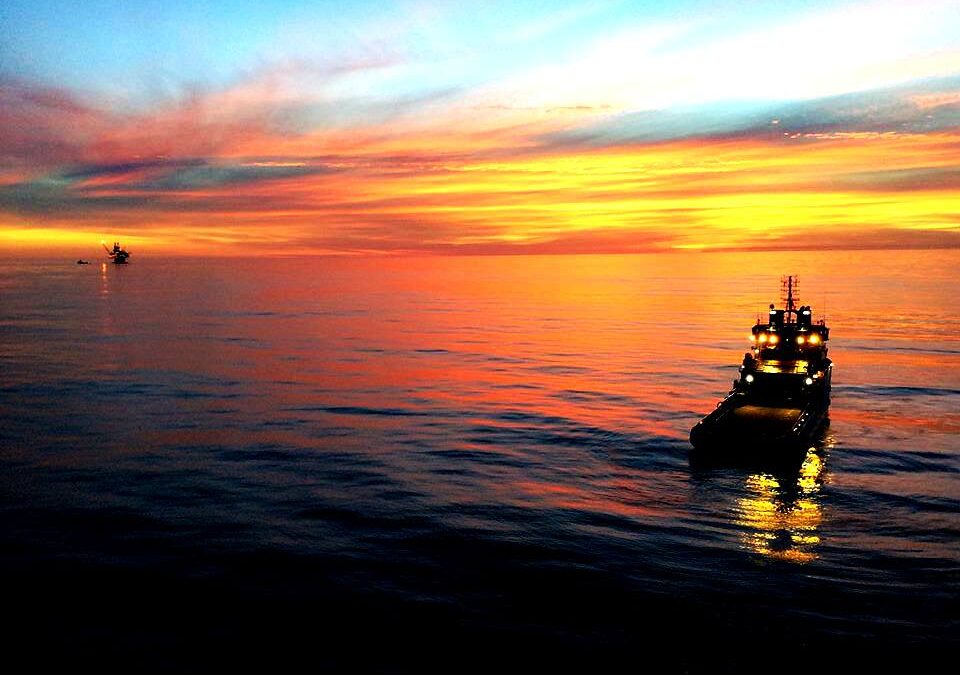
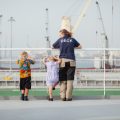
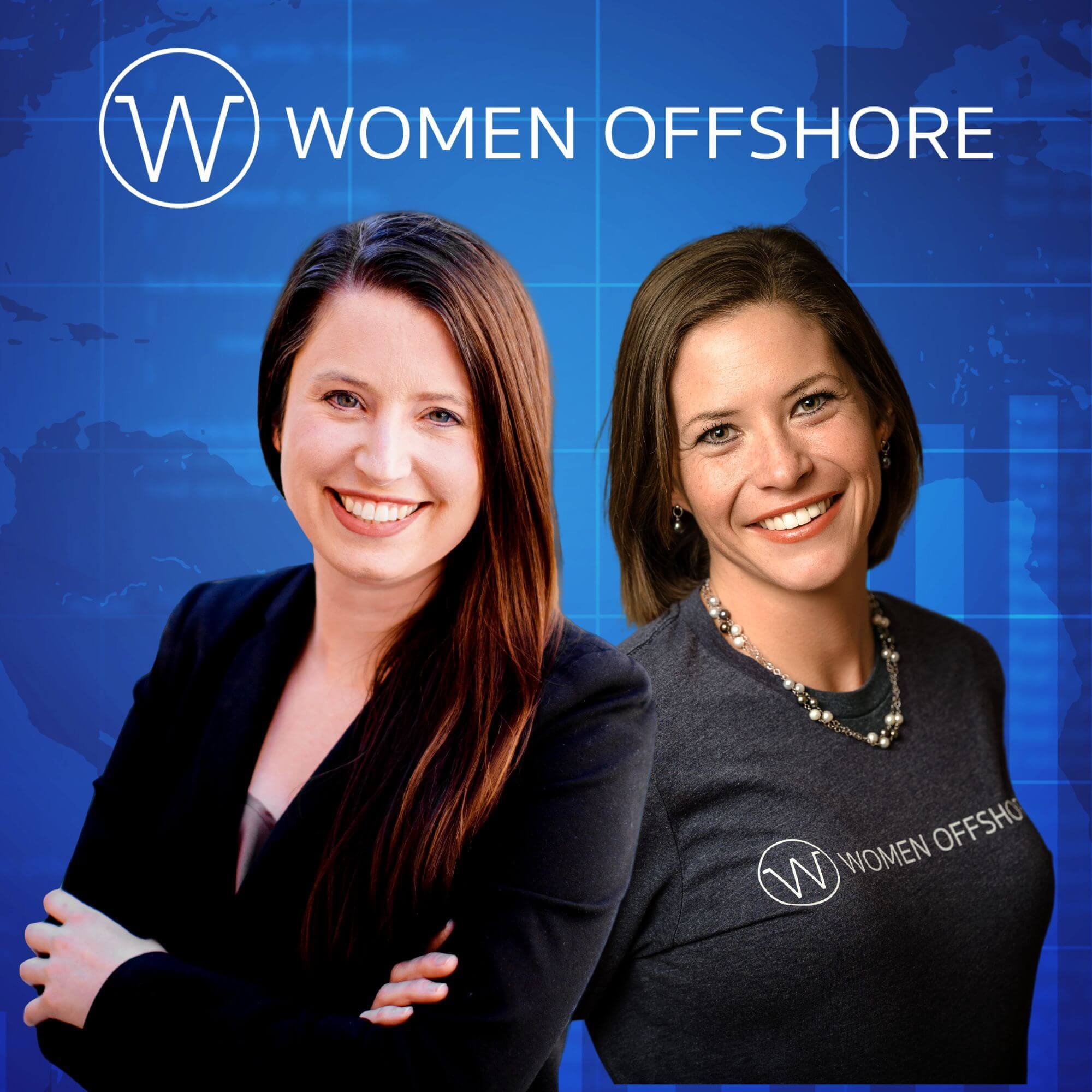
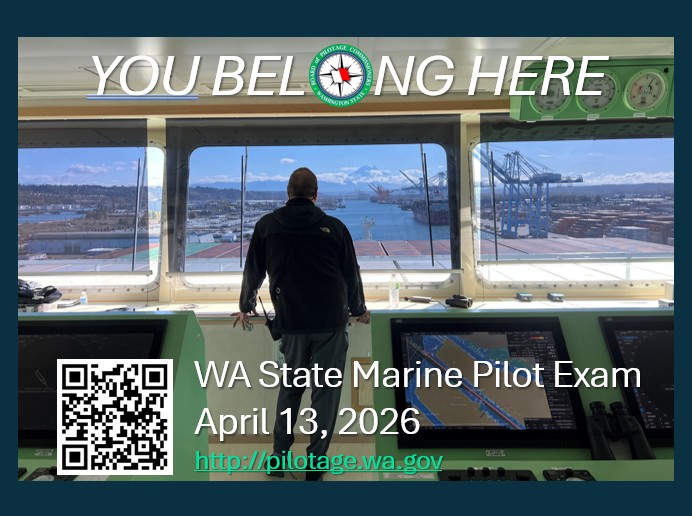

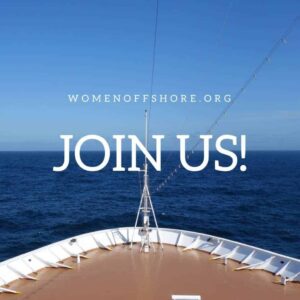
Recent Comments